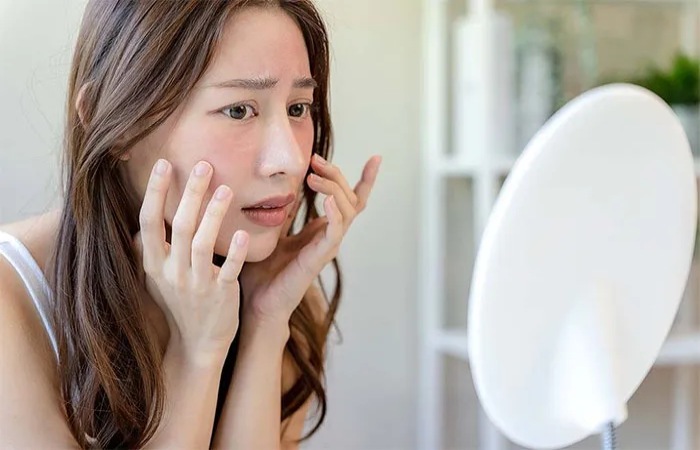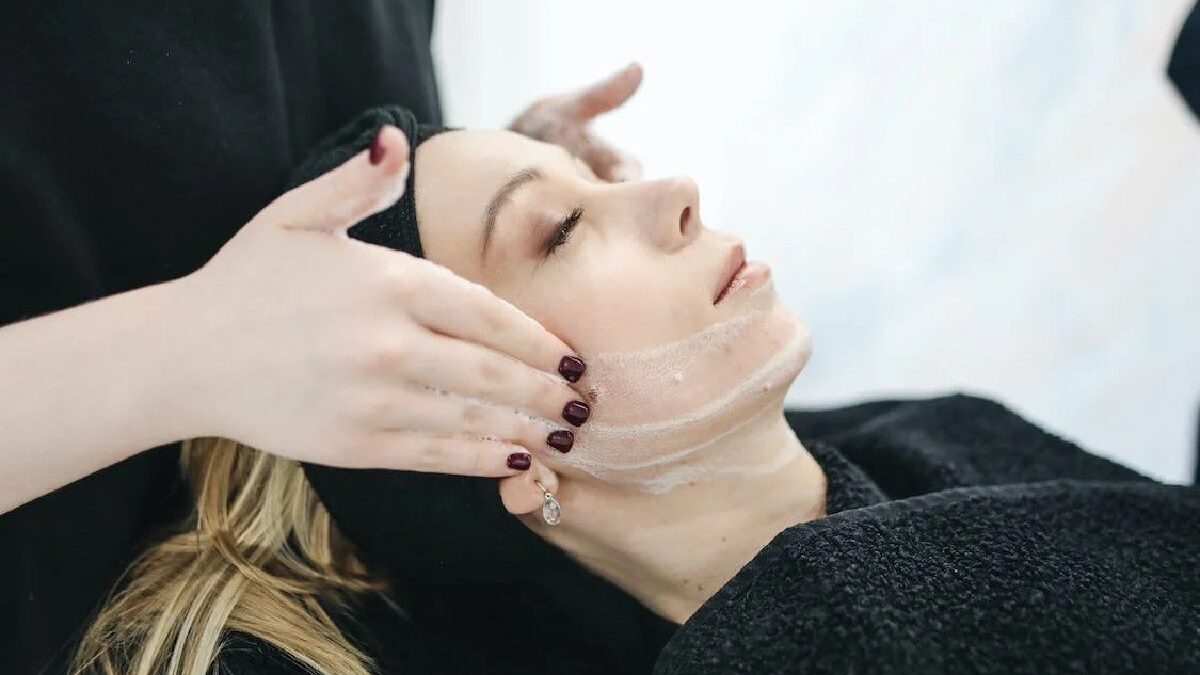How to take care of the skin to keep it healthy – Skincare is critical at any age to maintain healthy skin. The skin needs maintenance that varies according to the different vital stages. Baby skin undoubtedly needs the most attention, but essential care is required at all ages.
Following healthy habits and applying cleansing and skin protection routines can help maintain radiant skin, prevent problems and delay natural ageing.
Causes of skin problems
Skin problems are familiar at all ages. Its causes are multiple and complex since they can be generated by a combination of different factors
- Genetic factors
- Hormonal changes
- infections
- Contact with allergens, irritants, or infected skin of another person
- weakened immune system
- Diseases affect the thyroid, immune system, kidneys, and other body systems.
Lifestyle, such as diet and hygiene, can also play a role in developing these disorders. But sometimes, the cause of skin problems is unknown.
Most common skin problems

The most frequent skin problems are atopic dermatitis, acne, herpes zoster, and cuts and burns. Their main characteristics are detailed below:
Scratches, burns or abrasions
Everyone can suffer minor accidents that lead to skin irritation or other damage, such as chafing caused by sports shoes in athletes. Knowing how to act in each case and having the necessary products is essential to minimize them. In the case of chafing, minor skin injuries or skin around wounds, a cream such as Sudocrem can be applied to soothe and soften irritated or dry skin and reduce discomfort and fluid loss from the skin. Skin.
In these cases, Sudocrem is effective for the following functions :
- Soothes sore skin and protects against irritants
- Its water-repellent base forms a protective barrier that prevents irritants from coming into contact with the skin
- It contains a mild local anaesthetic to help relieve pain and irritation
Atopic dermatitis
Atopic dermatitis usually appears on the face, hands, feet, and skin folds. It is one of the most shared forms of eczema in children, although it also occurs in adults, causing dryness and itching. [two]
Acne
Acne is one of the most frequent complications, especially in adolescence. However, it can also be experienced in adulthood and appear at any age. The cause of acne is usually hair follicles blocked by oil from the sebaceous glands in the skin, something that is often related to hormonal changes. The treatment must be dermatologist prescribed the medicine to be sought by other health professionals, such as community pharmacists, to improve it.
Herpes zoster
This virus presents as a red rash with blisters and is caused by the same virus that grounds chickenpox, so if you’ve had chickenpox, you’re at increased risk of shingles. It can cause fever, fatigue, and headache and is more common in older persons and people with declining immune systems. Antivirals can help reduce symptoms.
actinic keratosis
It usually appears on areas of the body that receive frequent sun exposure, such as the hands, arms, scalp, face, and neck. These are patches of thick, scaly, or crusted skin, usually pinkish. Sometimes it goes away on its own, but it can recur and require treatment.
rosacea
This chronic disease consists of a swollen face with redness, prominent blood vessels, and pimples, and it comes and goes in cycles. These relapses can have many causes (spicy foods, alcohol, sunlight, stress, bacteria…), and their symptoms are usually alleviated with antibiotics indicated by the dermatologist. It is more common in women with fair features.
Urticaria
It can appear as a reaction to medicines, food or insect bites. It manifests itself in the form of slightly inflamed reddish areas that cause itching. Although it usually goes away on its own in a few hours. It can last for months or even years in some bags. Some antihistamines can help relieve it.
Tips for skincare
Daily activity makes the skin susceptible to damage or losing its natural balance if the necessary care not applied. It is advisable to follow these measures regularly and always have essential products on hand to treat wounds, burns, stings, irritation or dryness when they appear. Here are some general tips:
- Use sunscreen: The use of broad-spectrum sunscreen , with a minimum protection factor of 15, is essential, especially during the hot months, but also at other times of the year during long exposures to the sun. It must apply in abundant quantities and every two hours.
- Defend yourself from the sun: In addition to the protector, it is essential to use accessories that block radiation, such as hats, parasols and approved sunglasses. Without these measures, you can suffer burns or sun spots that are harmful to the skin.
- Limit the shower duration: Long showers or baths with hot water affect the skin’s natural oils, so it is better to use lukewarm water and spend less time in it. Also, especially in children, hot water can cause or aggravate dermatitis. If the skin is dry, applying a product that restores its natural balance and hydrates it is advisable.
- Avoid Harsh Soaps: Harsh products, such as soaps and laundry detergents. It can affect the skin, stripping away natural oils and causing irritation. If you are looking for neutral and mild soaps for sensitive skin, you can ask a pharmacy for recommendations.

